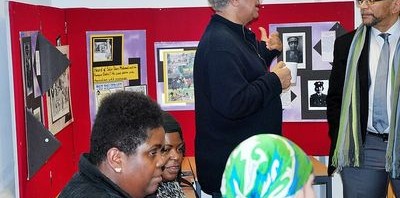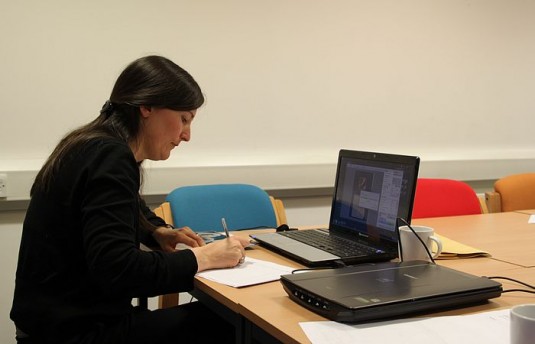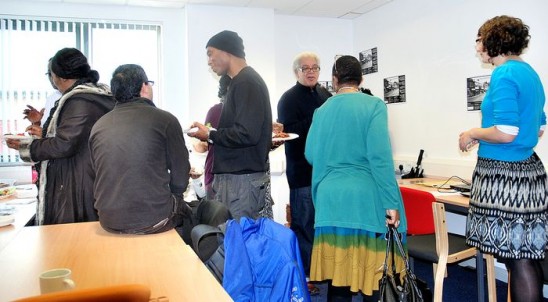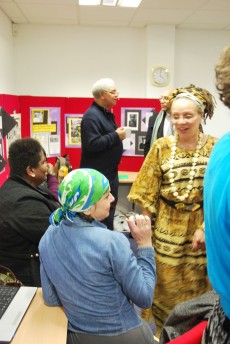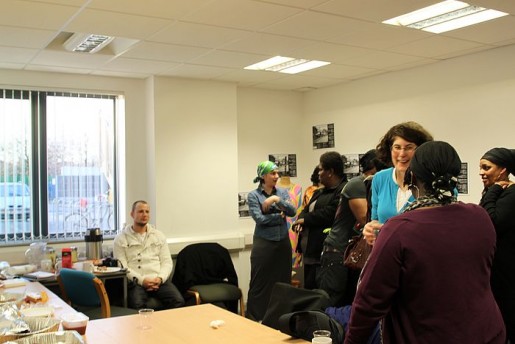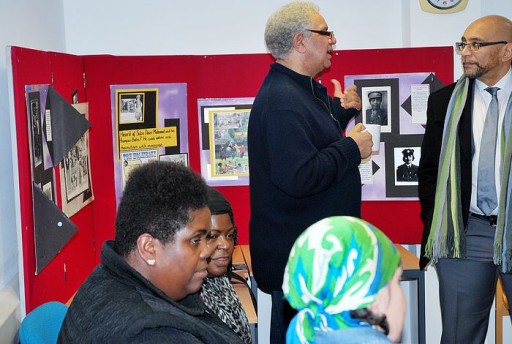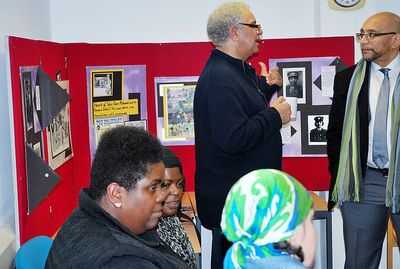Evolving Words 2009
Evolving Words is a poetry writing and performance project spanning six UK cities that engaged 14-25 year olds in marking Darwin200. Darwin200 addressed the impact of Darwin’s ideas about evolution, as well as his approach to the understanding of the natural world and his outstanding example as a scientist, continue to have on our lives. Participants in Evolving Words worked with a poet and a science educator in each city and performed their poems at a range of local events during 2009.
The events built up to November 2009, the 150th anniversary of the publication of On the Origin of Species by Means of Natural Selection.
A selection of the written work, film and live performances was showcased at a public event at the Wellcome Collection Gallery in London. The headline performance was by Soweto Kinch, an award winning writer, hip-hop artist and jazz musician who wrote and composed a new work inspired by Darwin’s science. The event showcased the best work produced by young poets from Liverpool, Manchester, Cambridge, Birmingham, Edinburgh and Newcastle.
The poets involved were Anita Govan, Valerie Laws, Dinesh Allirajah, Shirley May, Kimberly Trusty and Polarbear. The lead partners are National Library of Scotland (John Murray Archive); Centre for Life and Customs House, Newcastle; World Museum Liverpool; University of Liverpool; Manchester Literature Festival & Manchester Museum; University of Birmingham and Cambridge Darwin Festival. Delivery partners include N.Edinburgh Arts, Customs House, Young Identity, NU Century Arts and The Junction.











